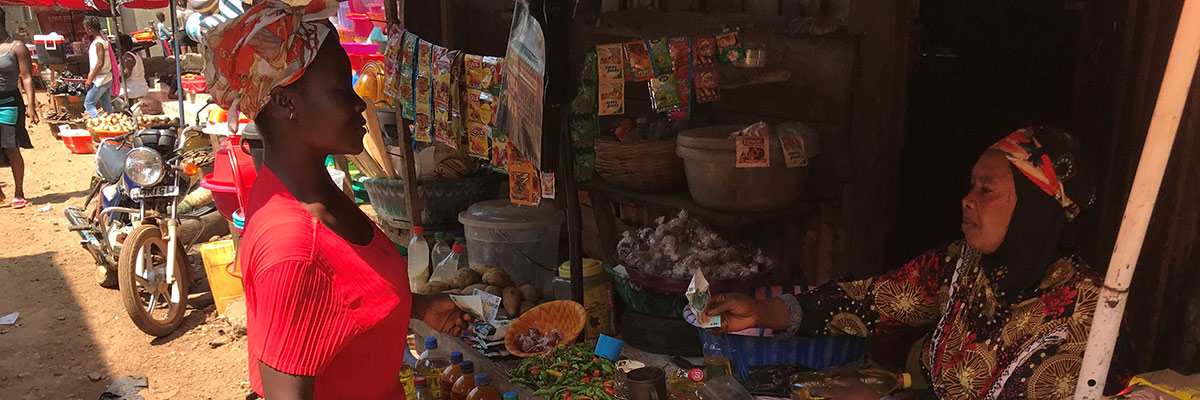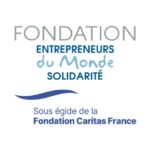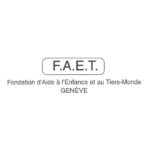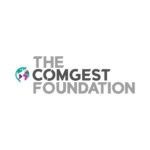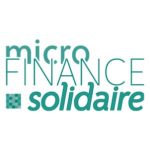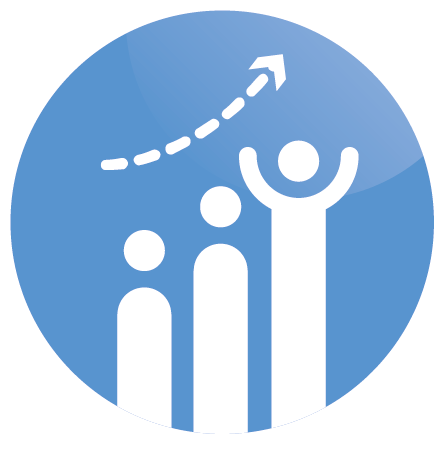Munafa : social microfinance in Sierra Leone
90% of the working population in Sierra Leone is self-employed. Setting up their own business is often the only way for poor people living in shanty towns or remote rural areas to generate income.
Women are particularly affected: they are not literate and live in extremely precarious conditions (malnutrition, health problems, domestic violence…). However, lacking access to banks and training, they are unable to develop and maintain their businesses.
Local, long-term support
Since 2019, the Munafa social microfinance institution has been offering microentrepreneurs comprehensive support to succeed in their small business, become self-sufficient and improve their family’s living conditions.
To provide this regular support, the team has 5 branches (3 in Freetown, 2 in Waterloo) and will open a sixth in Moyambain in 2024.
2023 key figures
94%
women
48%
in rural or semi-rural areas
6 654
training sessions
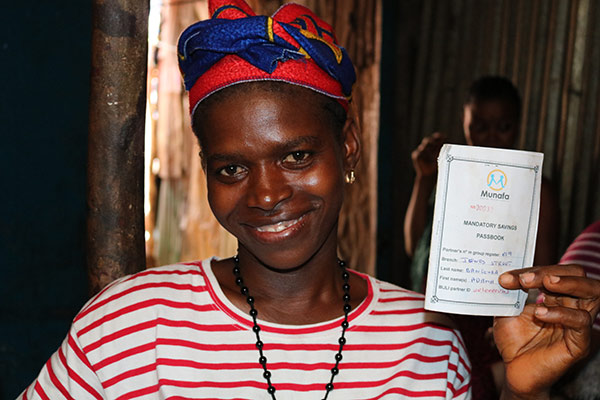
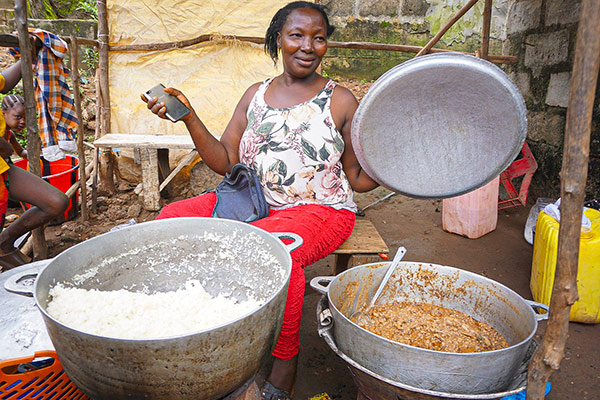
It works !

I’m developing my business with complete peace of mind!
The cookies I make are very nutritious and my neighbors love them! Thanks to MUNAFA, I can develop my business with complete peace of mind.
I got into this business because it’s profitable and safe: in my community, sweet foods are very popular. Initially, I didn’t want to take out a loan because I was afraid of very short repayment periods and high interest rates. But MUNAFA’s conditions and support are really good, so I was able to get started.
Several loans have helped me to develop my business. I now have enough cash to buy raw materials and improve my production and sales. I generate enough income to live on, support my two children and save. My plans for the future are clear: to grow my business!
Mabinty CONTEH
Key services and group dynamics
Munafa offers its beneficiaries individual loans without collateral or security, secure interest-bearing savings and training in financial education, business management, social and health issues and gender issues.
These services are provided during twice-weekly group meetings in the beneficiaries’ communities. At the same time, social support is provided on request. This comprehensive support aims to strengthen the general environment of each beneficiary.

